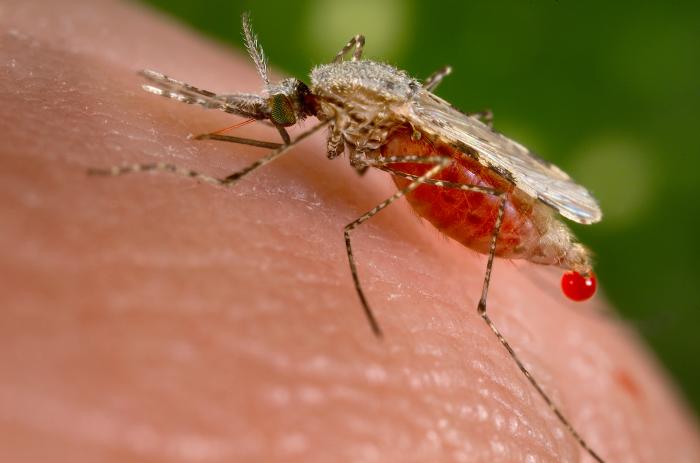
A Mousetrap for Blind Evolution, and Larry Moran
Today’s ID the Future concludes our series on A Mousetrap for Darwin, Lehigh University biochemist Michael Behe’s new book on evolution and intelligent design. Here Behe and host Eric Anderson tackle an objection to Behe’s work from evolutionary biologist Larry Moran. Moran says that while the Darwinian process may find it difficult to find any particular solution requiring evolutionary innovation, there are countless possible solutions to a given problem, not just the one solution that evolution did hit upon and that is under investigation. According to Moran, Behe failed to take this into account, a factor that greatly enhances the chances of blind evolution to engineer novel solutions to ecological challenges. Behe counters that Moran’s objection misses the force of the evidence gained from the study of evolution in the malaria parasite and in other microbes. That evidence shows that evolution is extremely limited in what it can achieve, no holds barred, no possible solutions disallowed. Behe also discusses recent research confirming Dollo’s Law, why that’s bad news for Darwinism, and why Behe’s time-symmetric Dollo’s Law spells even bigger trouble for Darwinism.

